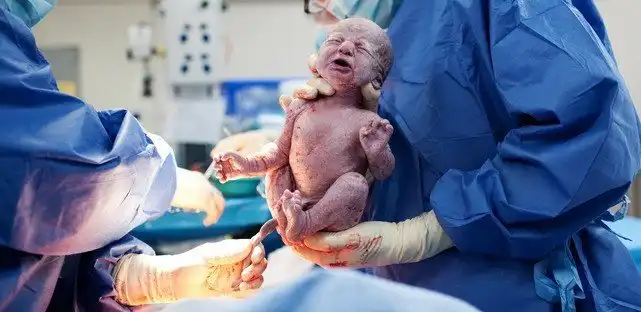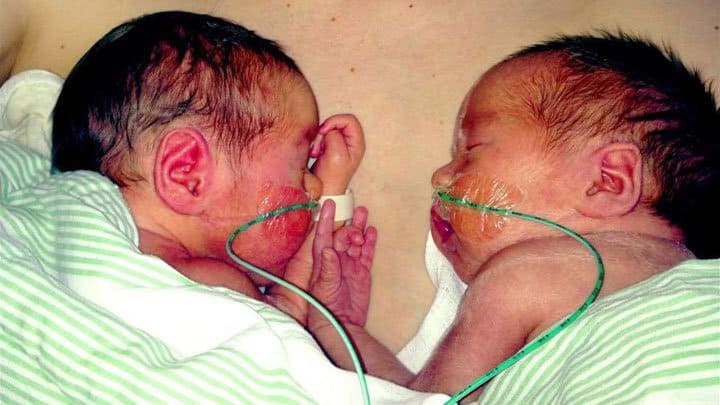High Intake of Protein May Lead to Bigger Twins
A new U.S. study explores the impact of weight gain and birth weight of twin babies. The results were published in The American Journal of Clinical Nutrition. The researchers looked at weight gain in women pregnant with twins and what it meant for birth weight, birth length and fat mass of the babies. 20 women were included in the study. They were all pregnant with dichorionic-diamniotic (di-di) twins. Di-di twins have separate placentas. All fraternal twins are di-di twins. About ⅓ of identical twins are di-di twins.
Total protein gain positively associated with birth weight
The researchers found that women who gained weight within or above the recommendations of the American Institute of Medicine (IOM) gave birth to twins with higher birth weights. They also found that total protein gain over the pregnancy was positively associated with birth weight. Changes in fat-free mass, total body water and fat mass from the first to the third trimester were not associated with either birth weight or the babies fat mass percentage. However, changes in the mother’s fat mass from the second to the third trimester was significantly correlated to the babies fat mass percentage.
Total protein gain positively correlated with birth length
The study also found that the mothers weight gain in the third trimester and total protein gain were positively correlated with the babies birth length. Maternal fat free mass over all three trimesters showed a positive relation with the babies birth length. The researchers concluded that significant increase in a mother’s protein intake is associated with greater birth weight and birth length in her babies.














